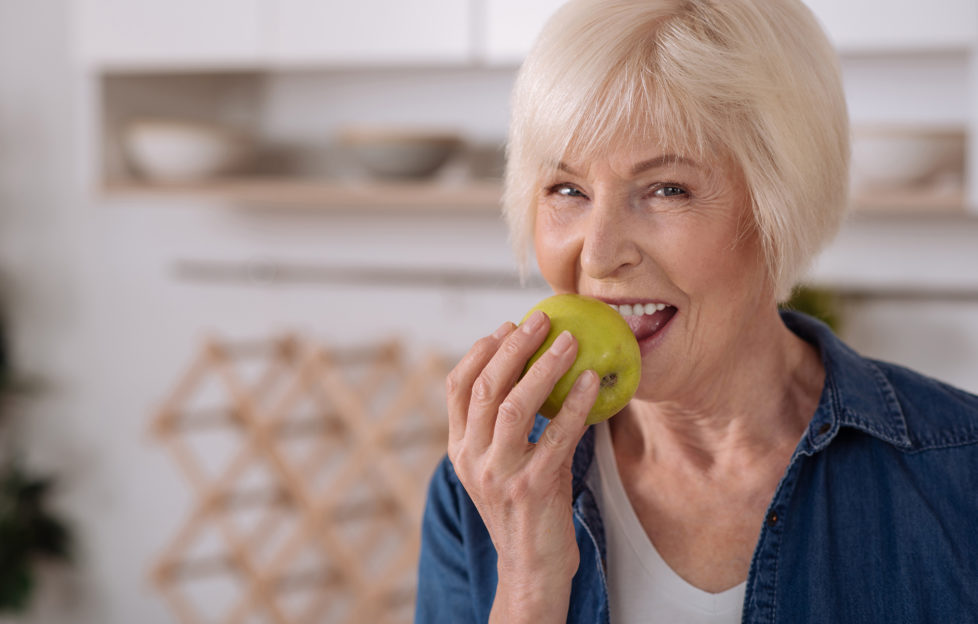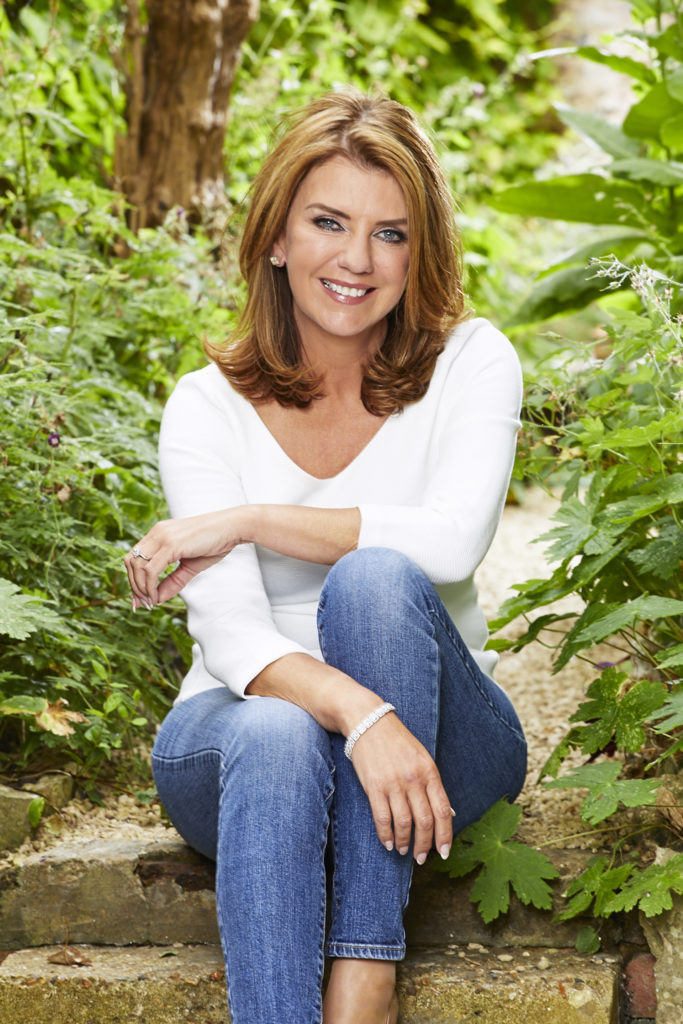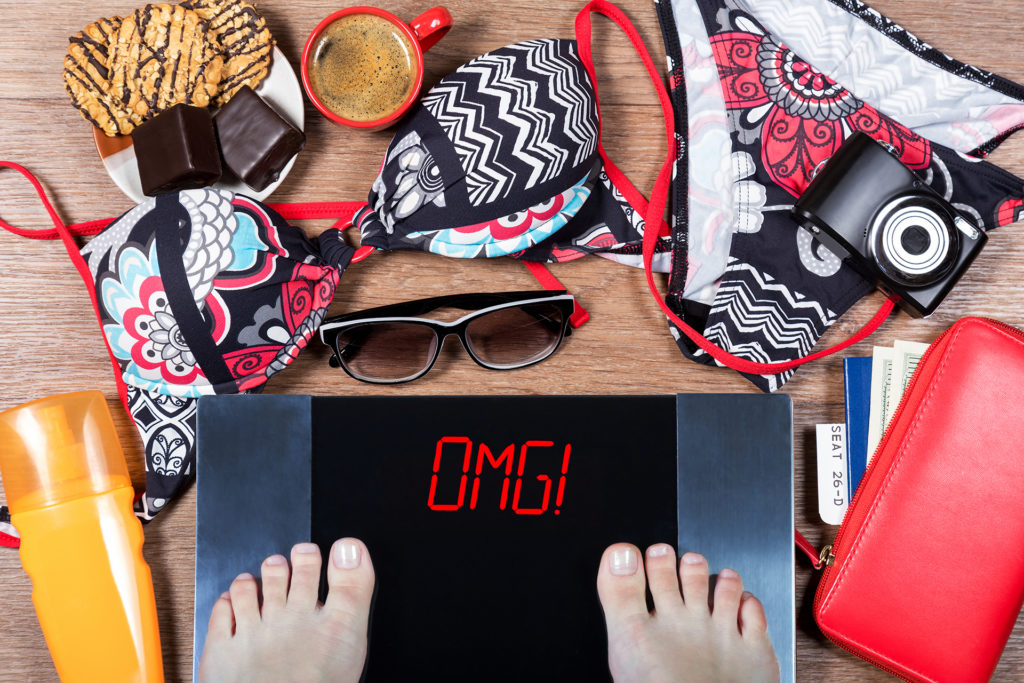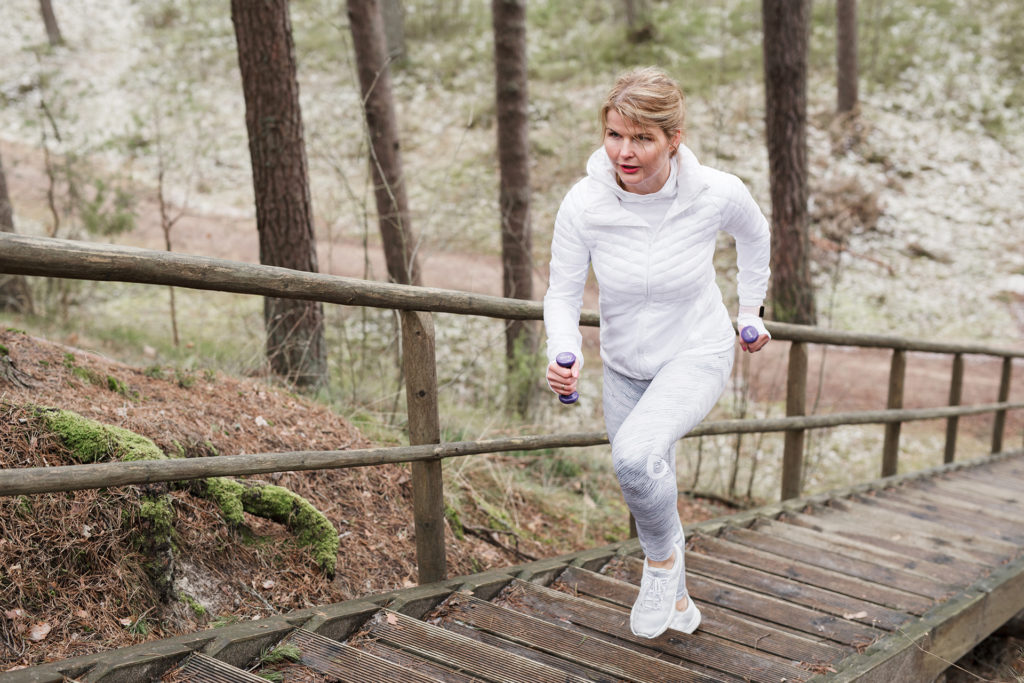Do You Know What Your BMI Is?

By SimplyMe Ambassador Dr Dawn Harper
Dawn Harper is a GP and Ambassador for Simplyhealth, which has launched a new free, health and wellbeing app, SimplyMe to encourage people to lead healthier lives and look after their mental health. SimplyMe allows users to monitor data on their mood, emotional wellbeing, sleep, and heart rate, and identify personalised changes to improve their mental health in the long term. For more information visit: www.simplyhealth.co.uk/simplyme.
Body mass index (BMI) is a measure of a healthy weight. You can calculate your body max index by dividing your weight in kilograms by your height in metres squared. A healthy BMI should be between 18.5 and 25. It’s not about what you look like in your little black dress, it’s about being healthy both physically and mentally!
That’s what we should all be aiming for, but I know it’s not always easy and certainly it becomes more difficult as we get older. Our basal metabolic rates slows down in our 40s, 50s and beyond. So for most women, if you eat and drink and do the same thing at 50 that you did at 20, you are likely to gain weight or you will need to work a little bit harder to ensure you don’t.
Unfortunately, as women approach menopause and even after, we tend to gain weight around our middle. This is called active fat. For instance, if you take two women who weigh the same and are exactly the same height (and so have the same BMI), the woman who is apple shaped and puts weight on around her middle would actually have more health risks than the woman who is pear shaped and puts weight on around her bottom. We can’t spot reduce weight, but if you are someone who tends to put weight on around the around your midriff it is all the more important for you to maintain a healthy weight.
We are also constantly bombarded by celebrity endorsed diets and quick fix diet plans that promise to ‘drop a dress size in a fortnight’. However, the problem with these sort of programmes is that they are not sustainable and do not offer any kind of longevity. In theory, we can all cut out a food group for a week, but this should not be done long term without the advice and support of a qualified dietician.
Unless you have dealt with your underlying issues, what usually happens is that even if you initially lose the weight, once you stop the diet plan, the weight will go straight back on – and often, you will put on more weight than you lost. This is not good for your self-esteem or mental wellbeing, nor your physical health.
When it comes to achieving a healthy BMI, it’s about doing little things that are sustainable. For instance, spend more time walking. Get off the bus a stop early, always use the stairs rather than the lift or the elevator and think about portion size. Sometimes even something simple, such as buying smaller plates so that your plate looks fuller, with a smaller portion, can also make a big difference.
I would also suggest using a fitness tracker or app to motivate you to stay active. For instance, I’ve been working with Simplyhealth on the launch of the new free-to-use SimplyMe app, which is designed to help people to make small easy steps to better health and wellness. This app allows you to monitor data on your activity, BMI, emotional wellbeing, sleep, and heart rate and identifies personalised changes to improve their physical and mental health. I also really like it because it links in with your fitness tracker and gives you little nudges to stay active!
Ultimately, the best way to maintain a healthy BMI is as simple as making small changes that you can honestly believe you’ll still be doing either next week, next month and next year.








